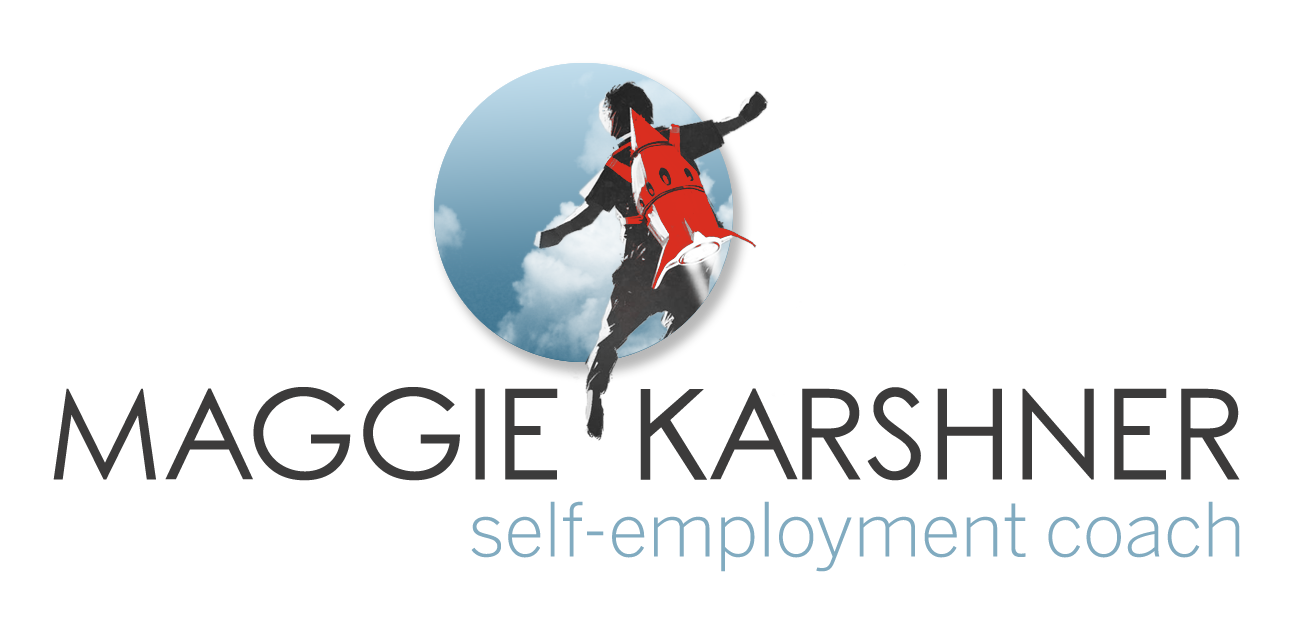How to Craft an Effective Elevator Speech for Your Business
/As a self-employed business owner, being able to talk confidently and concisely about your business is an essential skill. There are countless instances where you may need to explain your business. This could include networking events, cold calls, sales meetings, and interviews. Each of these instances is a potential opportunity, so it's good to be prepared.
What is an Elevator Speech?
One tool that can help you prepare is an elevator speech. An elevator speech is a brief and persuasive speech used to introduce yourself and your business. The audience could be potential clients, investors, or partners. The term comes from the idea that you're in an elevator with a stranger and you have only the duration of the trip in the elevator to get across what you do. Your goal is that the stranger will want to know more and continue the conversation beyond the end of the elevator ride.
When one is pursuing funding for their company, it's common to prepare an elevator speech as a necessary prelude to a larger presentation. It's the thing that gets your foot in the door and gives purpose and value to the meeting you're requesting. An elevator speech is a valuable tool even for those of us not pursuing investors. The format of an elevator speech encourages quick, effective communication of your value proposition. It's an opportunity to grab the listener's attention and leave a lasting impression. A well-crafted elevator speech can help you stand out in a crowded market and open doors to new opportunities.
Develop Your Elevator Speech
But how do you develop an effective elevator speech? The first step is to define your target audience. Who are you talking to? What are their needs and pain points? Understanding your audience will help you tailor your speech to their interests and concerns. Start by imagining an ideal audience, even if it's an audience of one. Once you've drafted the ideal, it's a lot easier to tailor your delivery to the nuance of any situation or individual.
After you've defined your target audience, you need to think about the benefits you provide. What problems do you solve? What value do you bring? How do you make your clients' lives easier or better? Highlighting the benefits of your product or service will make your value clear. Aim to frame your benefits in the way that most appeals to your target audience.
It's important to keep your elevator speech concise. Ideally, it should be no more than 30 seconds long. You want to deliver your message efficiently, but not overwhelm your listener with too much information. Leave the details unsaid and let your listener ask follow-up questions.
Using simple language is also important. Avoid industry jargon or technical terms that your audience may not understand. Use straightforward language that anyone can understand. I also find that simple sentence structures are easier to remember and easier for the listener to understand. (That sentence was not simple, but the previous three in this paragraph were pretty good. For support on this, use the free Hemmingway Editor app.)
Once you've crafted your elevator speech, practice delivering it. Practice in front of a mirror or with a friend or both. The more you practice, the more confident you'll become. There's no need to memorize your speech word for word. You want to be able to adapt it to different situations and audiences.
If this overview of the basics isn't enough, I do have a whole lesson in The Launch Pad on this topic. My Talking About Your Business course walks you through developing your elevator speech for casual social situations. But there are many situations where you might use your elevator speech, so let's explore those more.
Where You'll Use Your Elevator Speech
Networking events are a great opportunity to meet new people and make connections. But with so many people vying for attention, it can be difficult to stand out. Having a well-crafted elevator speech can ensure you stick in people's minds as distinct from others doing similar work. Your elevator speech will help you make a lasting impression on potential clients or partners.
The classic use of an elevator speech is pitching your business to investors. Having an elevator speech ready can help you make a strong first impression. Start the conversation by delivering your elevator speech. Also, prepare to expand on your experience and qualifications beyond what you share in the elevator speech.
When meeting with potential clients, is another great use for an elevator speech. This is an occasion where you want to quickly and effectively communicate the benefits of your product or service. An elevator speech helps you do just that. I find I usually pull out sections of my elevator speech as needed during the conversation.
I find I use my elevator pitch most often in social situations. When someone asks the classic "What do you do for a living?" I deliver the opening line of my elevator speech. They usually ask a follow-up question (because I've designed it to inspire such.) Their question usually leads me to share more of my elevator speech. I deliver my whole elevator speech, but organically piece-meal throughout the conversation.
One of the most important things to remember when using an elevator speech is to be authentic. Your elevator speech should reflect who you are and what your business is all about. Don't try to be something you're not or over-promise on what you can deliver. Your audience will appreciate honesty and transparency.
Conclusion
As a self-employed business owner, having a well-crafted elevator speech is an essential tool in your arsenal. It can help you stand out in a crowded market, make a lasting impression on potential clients or partners, and open doors to new opportunities. For more help developing an elevator speech that is both effective and memorable, check out the lesson in The Launch Pad. Access is free for current clients and only $17 per week for anyone!




